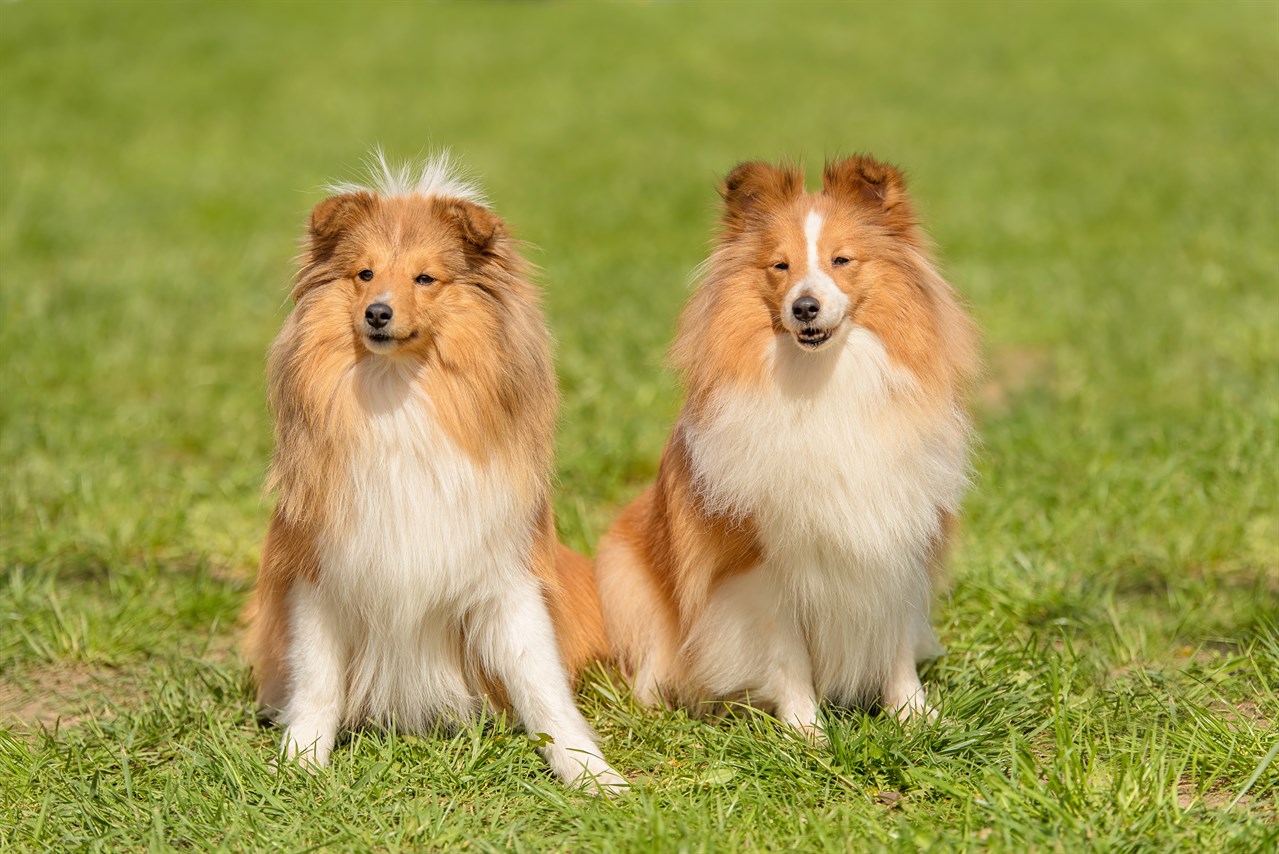Temperament of the Shetland Sheepdog
The Shetland Sheepdog, or Sheltie, is renowned for its endearing and complex temperament. This breed is known for its intelligence, sensitivity, and strong herding instincts, which can make it a joy to have as a companion but also presents unique challenges for owners.
Intelligence and Trainability
Shelties are often praised for their high intelligence. They are quick learners and excel in obedience and agility training. Their keen minds thrive on mental stimulation, and they are eager to please their owners. This makes them highly trainable, and they often perform well in various canine sports and activities.
Sensitivity
One standout trait of Shelties is their sensitivity. They are attuned to their owners' emotions and can pick up on subtle cues. While this sensitivity makes them excellent companions and intuitive therapy dogs, it also means that harsh training methods or loud, confrontational behaviour can be detrimental to their well-being. Positive reinforcement and gentle training techniques are essential for bringing out the best in a Sheltie.
Loyalty and Bonding
Shelties are known for forming strong bonds with their human family members. While they can be social and friendly with others, they often have a special bond with one person in the household. This chosen person may find themselves on the receiving end of unwavering loyalty and affection. Shelties love to be involved in family activities and may follow their favourite person from room to room.
Herding Instincts
As a herding breed, Shelties may exhibit natural herding behaviours, such as nipping at heels or attempting to gather family members. While this can be endearing, it's important to redirect these instincts into appropriate activities to prevent unwanted behaviour.
Energy Level
Shelties are an energetic breed and require regular exercise and mental stimulation to stay happy and healthy. Daily walks, playtime, and engaging activities like agility or obedience training can help channel their energy constructively.
Barking Tendencies
Shelties are known to be vocal dogs. They may bark to alert their owners of approaching strangers or when they're excited. While their vigilant nature can be a valuable asset, it's important to train them to control excessive barking.
Now, let's address some common questions about Sheltie behaviour
Are Shelties destructive?
Shelties are not inherently destructive, but like many intelligent and energetic breeds, they can become destructive if they are bored or not given enough mental and physical stimulation. Providing them with toys, puzzles, and engaging activities can help prevent destructive behaviours.
Do Shelties bond with one person?
Shelties often form strong bonds with one person in the household, but they are also social and can bond with multiple family members. The depth of the bond may vary from dog to dog.
What is the temperament of a Sheltie vs. Collie?
Both Shelties and Collies are intelligent and sensitive herding breeds. Shelties tend to be smaller and may exhibit more sensitivity and loyalty to one person. Collies are generally larger, often described as gentle, and may have a slightly more reserved demeanour.
Do Shetland Sheepdogs drool?
Shetland Sheepdogs are not known for excessive drooling. While some individual dogs may drool on occasion, it is not a common trait of the breed.
Is a Sheltie a calm dog?
Shelties are not typically considered calm dogs. They are known for their energy and enthusiasm, and they require regular exercise and mental stimulation to keep them content. However, they can be calm and well-behaved indoors when their exercise needs are met.
Are Shelties good with other dogs?
Shelties can get along well with other dogs, especially if they are socialised from a young age. Their herding instincts may lead them to try to "herd" other dogs, which can sometimes be misunderstood by less patient canines. Proper socialisation and positive interactions are key to ensuring they are good with other dogs.
Shetland Sheepdog puppies for sale
- Find Shetland Sheepdog puppies for sale in ACT
- Find Shetland Sheepdog puppies for sale in NSW
- Find Shetland Sheepdog puppies for sale in NT
- Find Shetland Sheepdog puppies for sale in QLD
- Find Shetland Sheepdog puppies for sale in SA
- Find Shetland Sheepdog puppies for sale in TAS
- Find Shetland Sheepdog puppies for sale in VIC
- Find Shetland Sheepdog puppies for sale in WA
